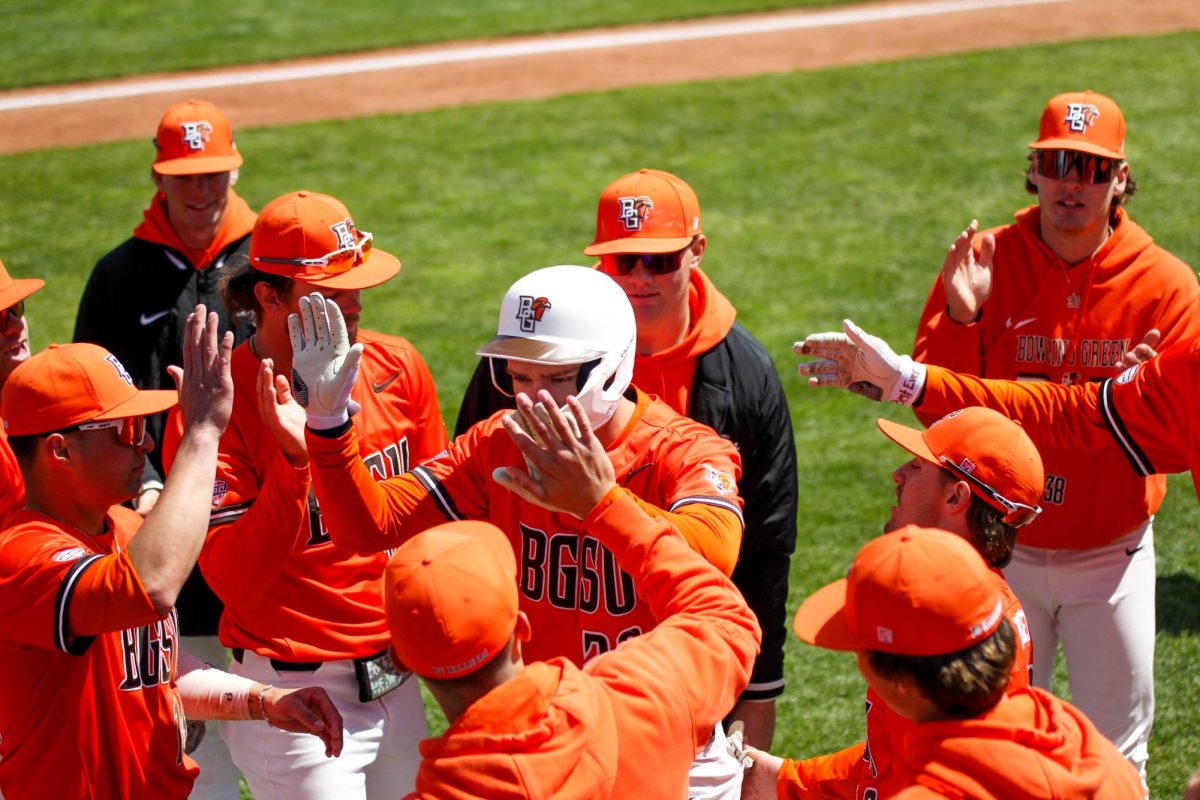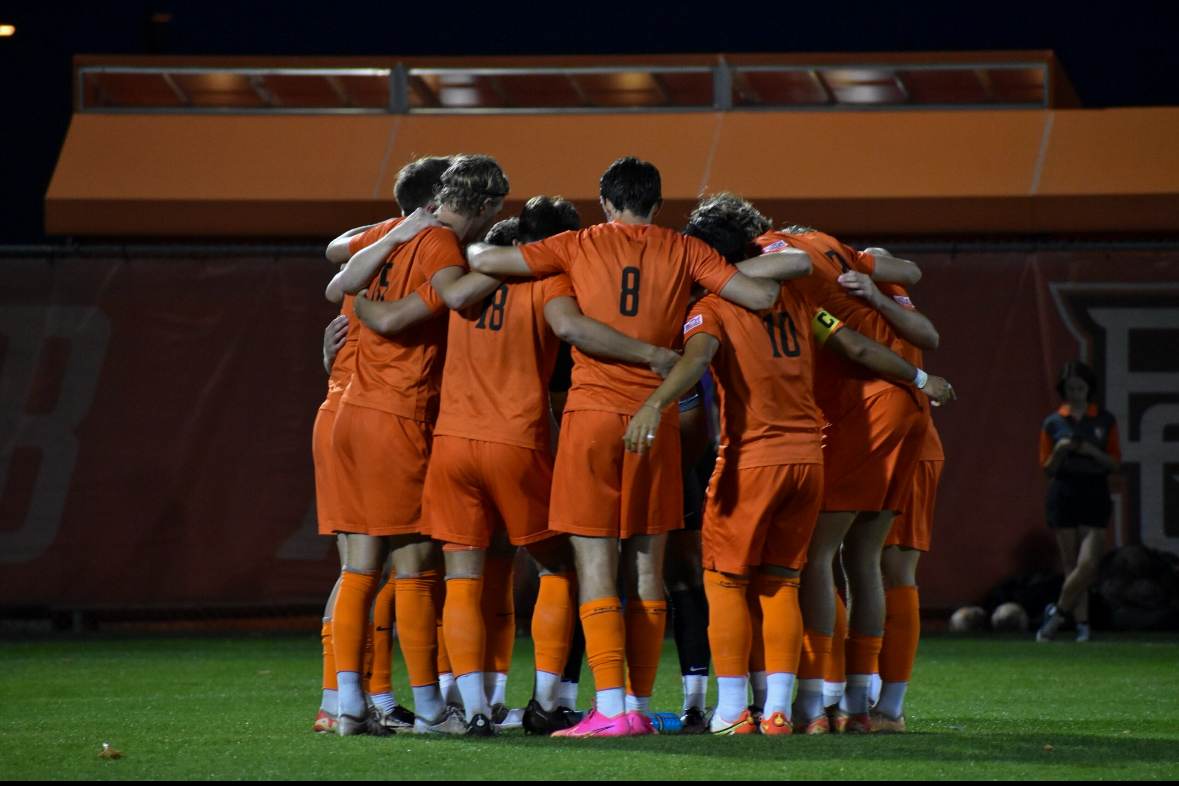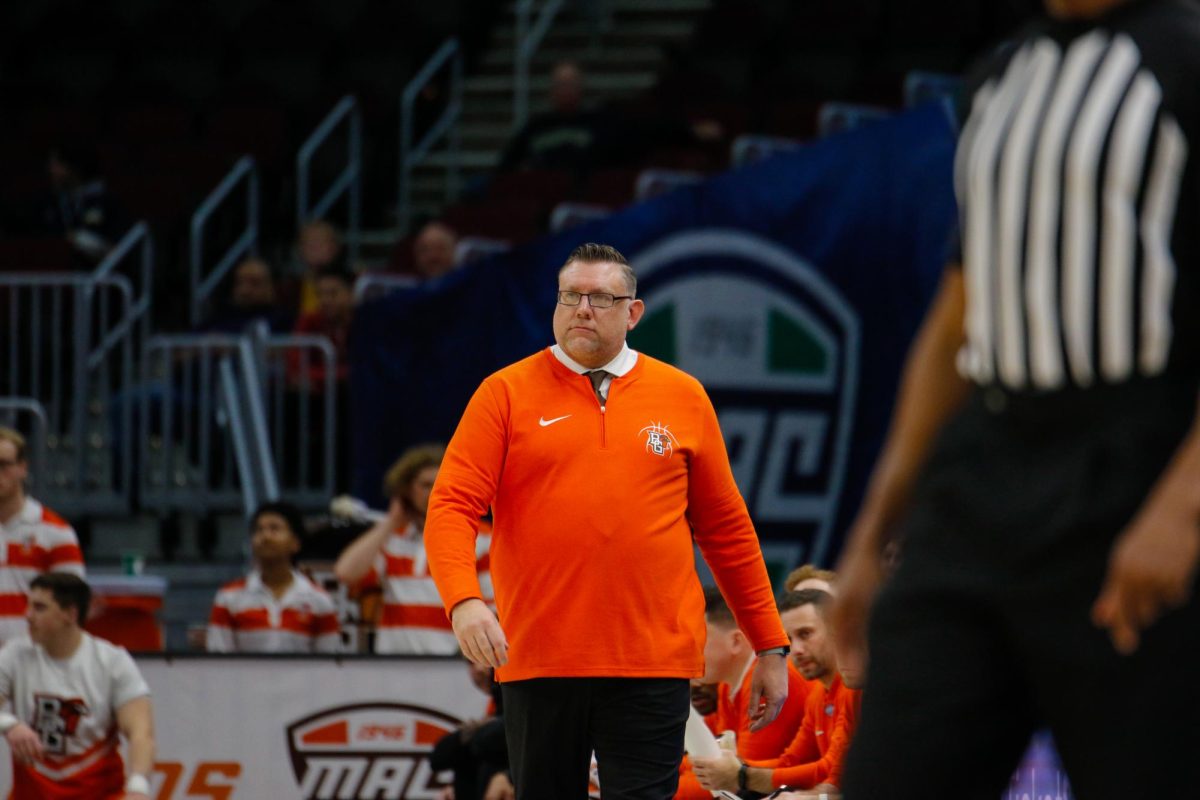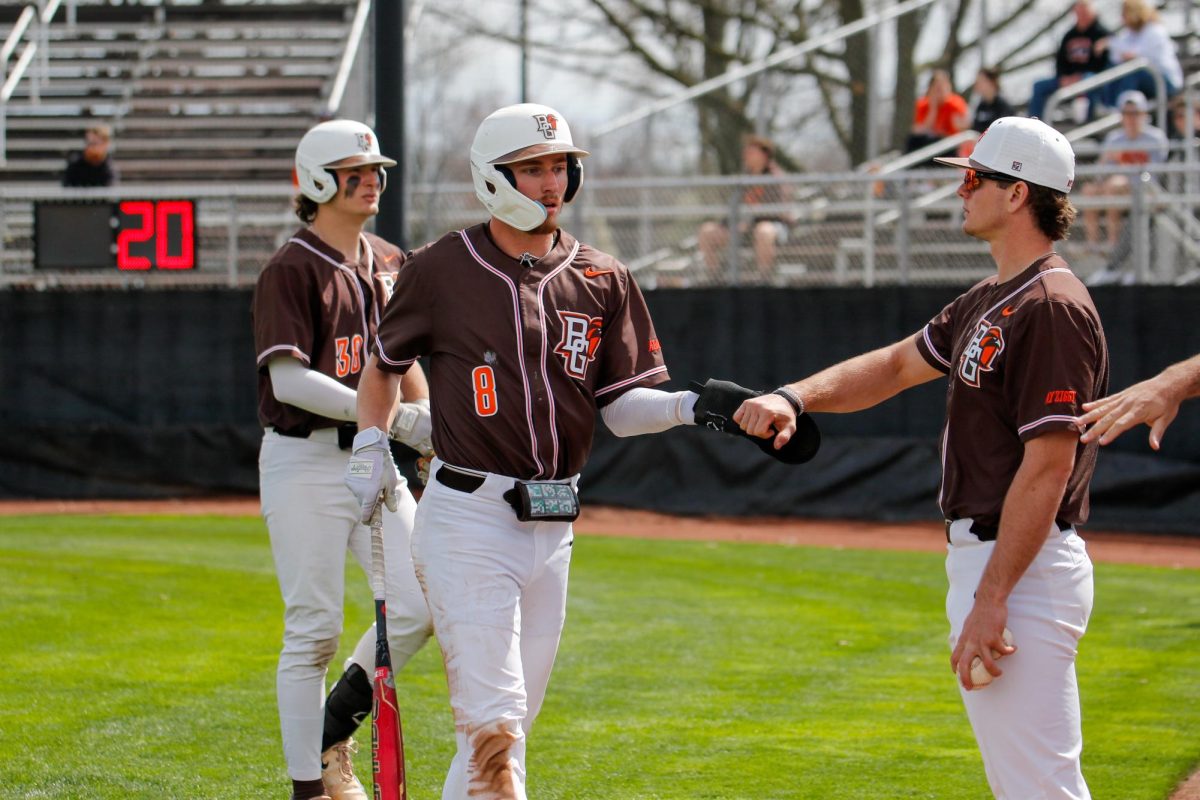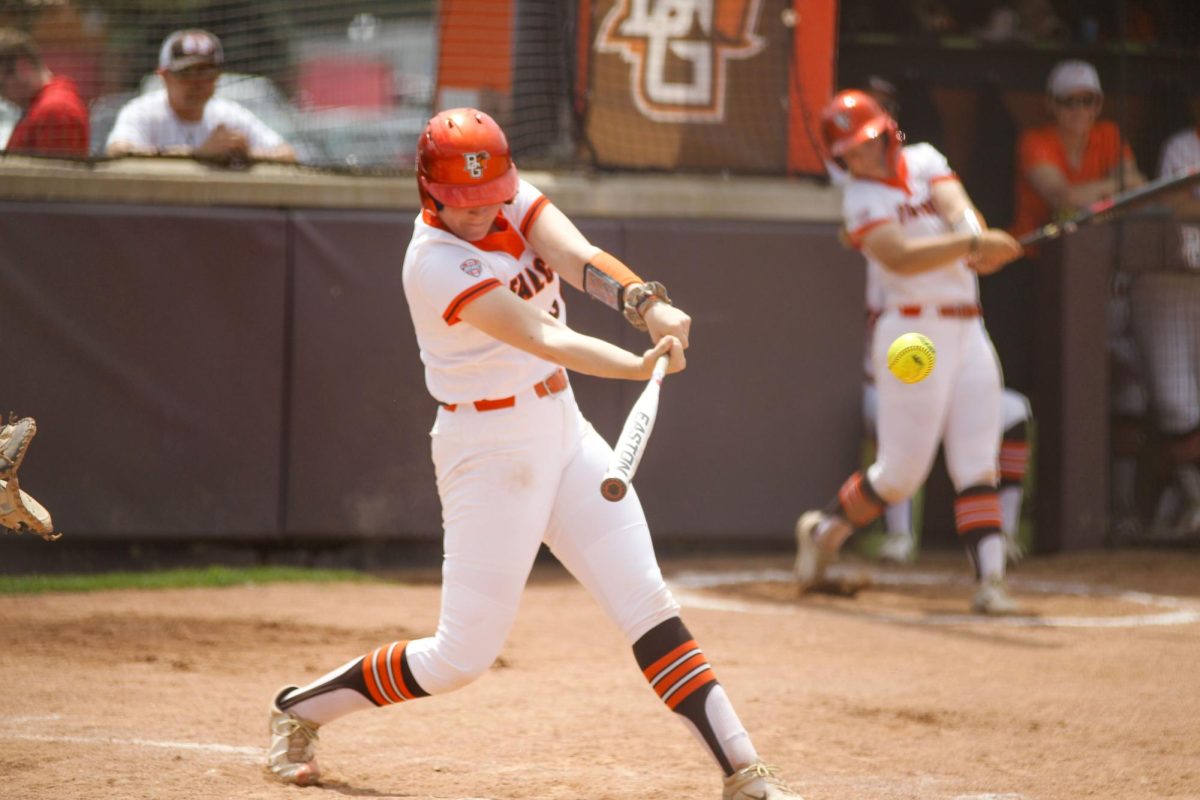After its first week, University faculty members are giving “Print Responsibly” mixed reviews.
Opinions include indifference, praise, confusion and frustration, as the program affects not only students but teaching styles and classroom facilitation as well.
According to the University’s website, the program, initiated Aug. 19, is “a new, more cost-effective way to handle ‘everyday printing’ and other tasks” and could save the University as much as $1.5 million per year.
Despite those benefits, some, such as graduate student and part-time instructor Mike Carver, are also considering the negatives of the fledgling system.
“I was disappointed to find out about it,” he said. “What I loved about BGSU were the differences we had, like allowing students to print for free.”
The initiation of Print Responsibly was its biggest problem, Carver said, because it gave graduate-student instructors only a few days to prepare class materials, and it failed to make a distinction between graduate faculty and students.
“On Friday, I received a message while printing my syllabi that said I had to pay to print,” Carver said. “I was so confused. I teach four large classes. I frantically took the papers to the departmental secretary, and she made copies so I didn’t have to pay.”
“I discovered later I could print for free at the graduate lab for our department, but it wasn’t opened at the time, and I had to find my own way of doing things.”
Free printing for all graduate-student teachers is not a guarantee, though. As stated on the University’s website: “… the policy for printing in relationship to a graduate student’s assistantship/research work will need to be addressed by each department.”
Now that the initial transition is over, Carver said instructors are adjusting, and many, including himself, “will try to teach classes where [students] don’t have to print out anything.”
“Some faculty members have written letters to call attention to the policy and to explore different options,” he said. “I can’t bad-mouth the University because any career I have I owe to this institution, but I just hope it doesn’t continue down this pathway and ultimately alienate potential students.”
For some instructors, however, especially full-time faculty, Print Responsibly is a less-contested issue.
“It has no effect at all on me,” said Andrea Schneider, a full-time history instructor. “I never had to pay out of pocket and I still don’t. I’m sure there are some department budgets I will find out about later, but it was just implemented and hasn’t affected me yet.”
Eric Rojas, a full-time Spanish instructor, said the program is similar to one implemented at Chapman University in Orange, Calif., where he taught last year.
Because of those similarities, Rojas said, adapting to the new policy wasn’t difficult.
“Within our Spanish department, we were given a quota for printing and if we went over it we were charged,” he said. “Obviously, universities are hurting for funds and having students keep down their printing is encouraged.”
Rojas acknowledged that these limitations may hinder some professors’ teaching styles, but he said Print Responsibly does not affect how he will teach his classes his first semester at the University.
“I’m not going to try and put any additional financial burdens on students and for my classes printing is never necessary, aside from the syllabus,” he said. “But since students have to pay to use these services now, maybe other instructors should think twice when making students use and print online material.”






